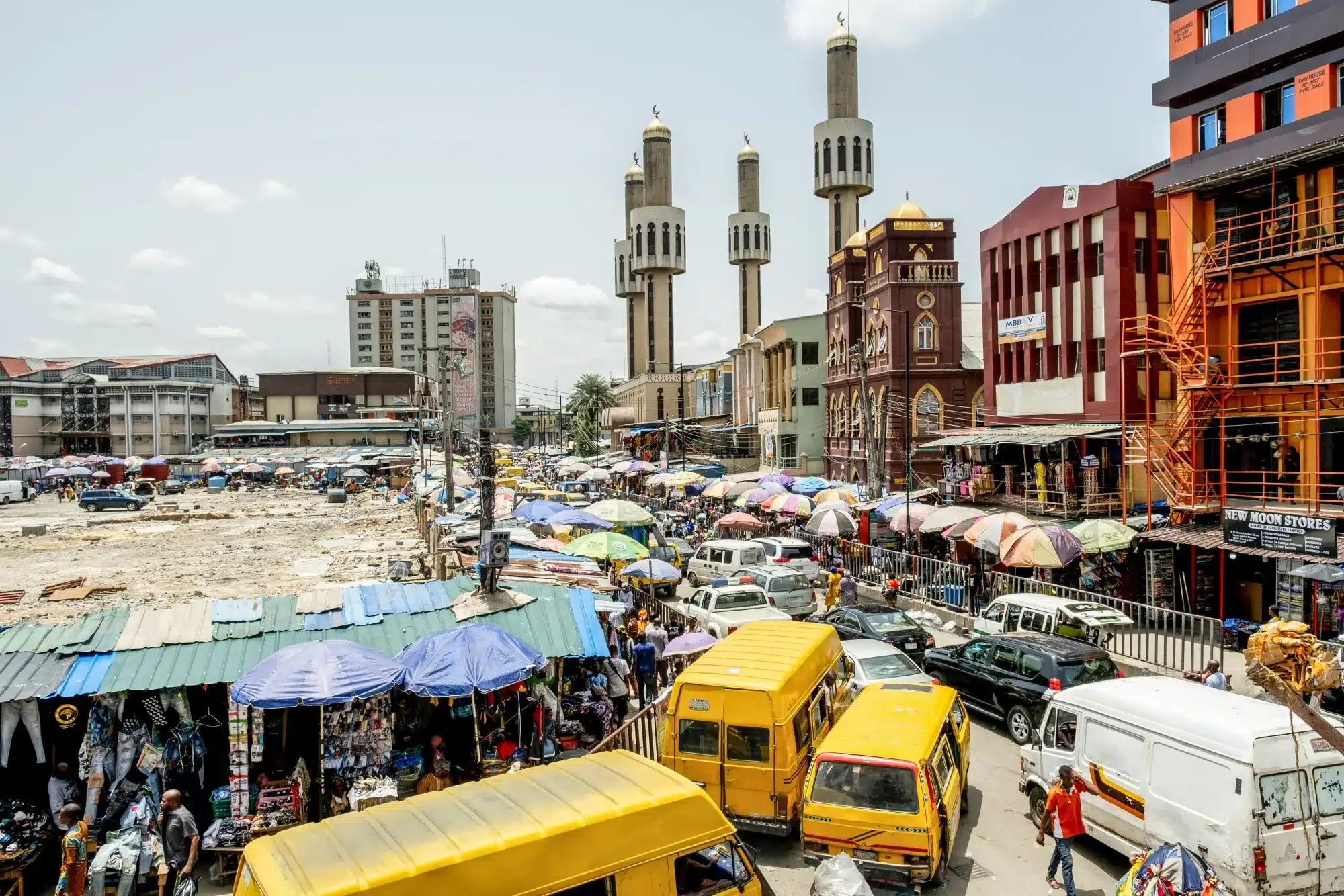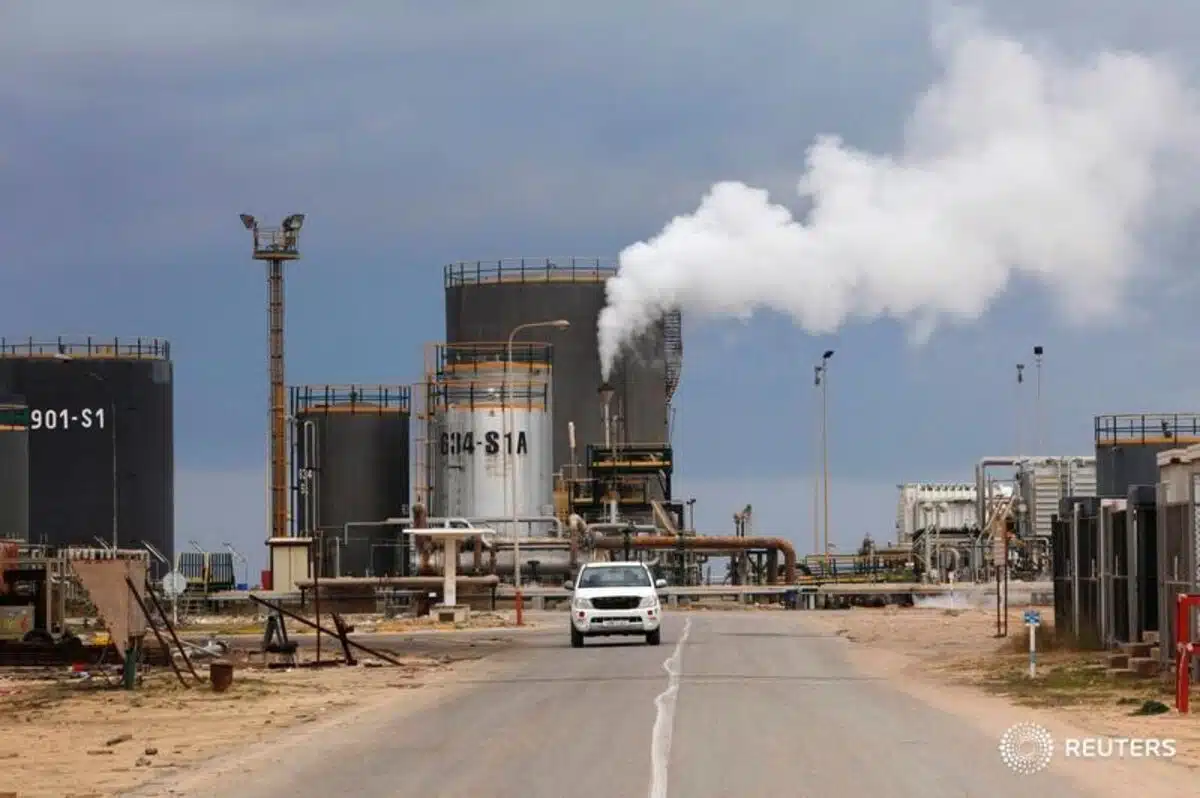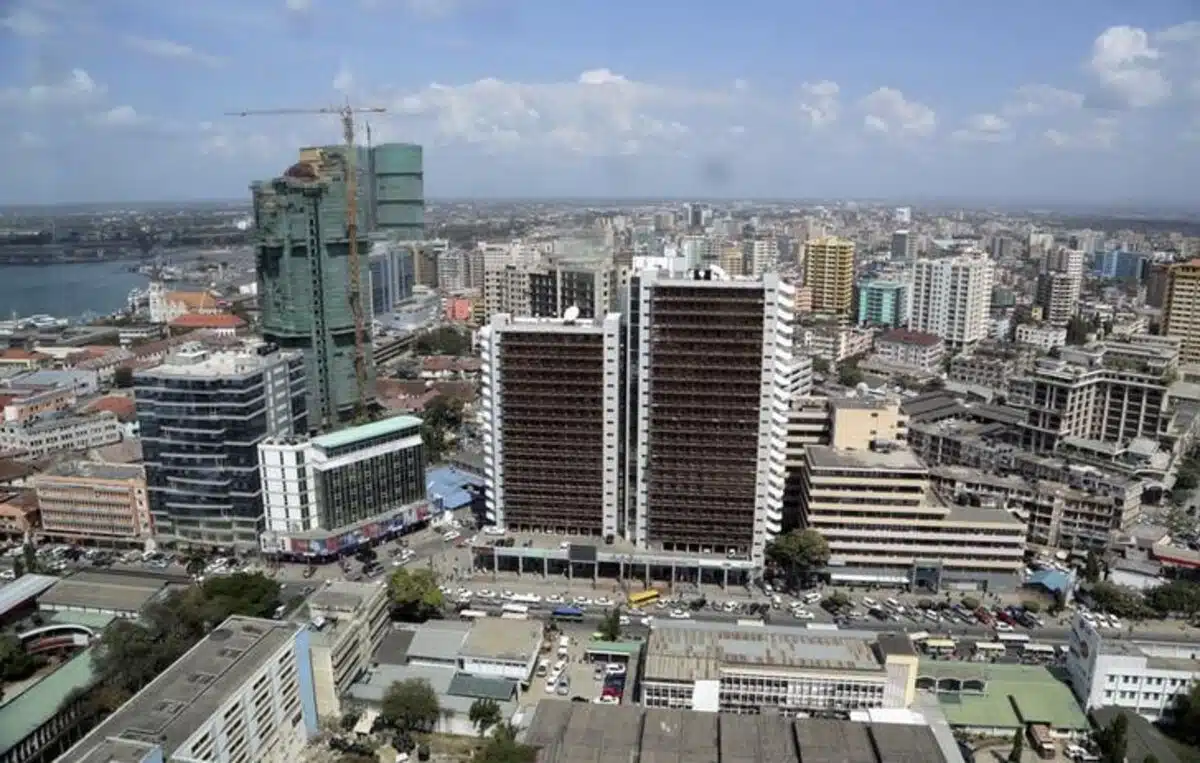South Africa’s private sector recorded a fifth straight month of expansion in September, but business confidence slipped to its weakest level in more than four years amid economic and political uncertainty.
The sector’s Purchasing Managers’ Index (PMI) rose marginally to 50.2 in September from 50.1 in August, signalling a modest improvement in business conditions, S&P Global noted in its latest PMI report released on Friday. A reading above 50 signals expansion in private-sector activity, while a figure below indicates contraction.
The latest print reflected sustained growth in output and new orders, as firms reported an uptick in domestic and regional demand.
New business inflows rose for a third consecutive month, with some firms citing stronger demand from African markets that offset weaker orders from Europe and the United States.
Export orders also increased for the first time since March, but growth in business activity remained marginal.
Cost pressures ease, rate cut hopes rise
Cost pressures eased further, with input prices rising at the slowest pace in almost a year. Just 3% of firms reported higher month-on-month costs, pointing to a slowdown in headline inflation after July’s 10-month peak of 3.5%.
Analysts say the survey suggests that consumer prices are likely to continue moderating in the near term, creating room for an interest rate cut by the Reserve Bank of South Africa’s next monetary policy meeting.
“Historically, these index readings have indicated a higher likelihood of interest rate cuts,” said David Owen, Senior Economist at S&P Global Market Intelligence.
“While the Monetary Policy Committee opted not to implement a cut in its latest meeting, some members expressed support for such a move, suggesting that further moderation in inflationary pressures could pave the way for a cut in November.”
Purchasing rises, but jobs remain weak
Supply-side conditions improved in September, with delivery times shortening for the sixth consecutive month as material availability increased and congestion eased. Firms responded by modestly raising their purchasing activity, though at a slower pace than in August.
Employment told a different story. Staffing levels fell for the second month in a row, as companies struggled to replace departing workers. The shortfall in capacity, combined with firmer demand, pushed up backlogs of work for the first time in over a year.
Sentiment slumps to four-year low
Despite the relatively stable operating environment, sentiment towards future activity deteriorated sharply.
Only a third of firms expected growth over the next 12 months, with the outlook falling to its lowest since July 2021.
“Although the private sector environment remained strong in September according to the PMI data, businesses were less optimistic about the economic outlook,” Owen said. “Survey comments signal that the uncertain geopolitical landscape has dented growth prospects, while leading some firms to reroute export channels away from disrupted markets.”
The data highlights a private sector navigating steady but fragile growth, weighed down by policy uncertainty and a weakening investment climate.










